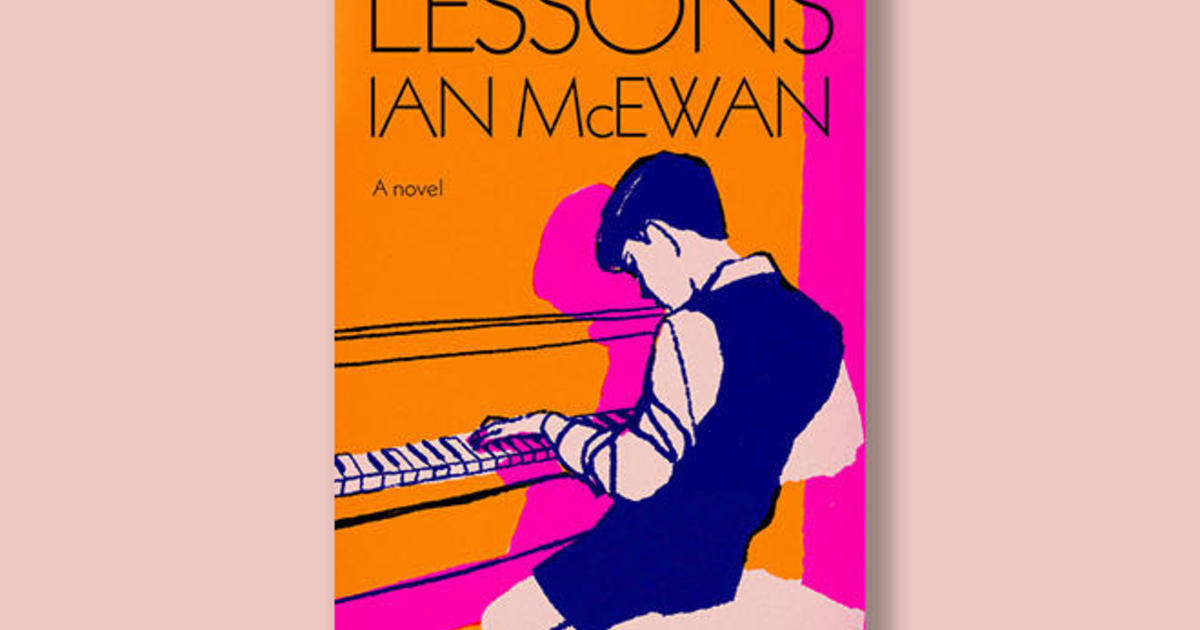

When McEwan reaches out for the entire world, on the other hand, the writing can become a shopping list of short-hand references, and the long cast of characters stretches the reader’s and, I sense, the writer’s interest. Is he successful? When McEwan is on his preferred territory, especially the psychodrama between Roland and his lovers, Lessons contains passages of the best vintage. In Lessons, the descriptions of the affair are so uncomfortably erotic as to have the reader ask what the word “child” means, and not just in the sense of legal consent. McEwan remains supreme when writing from a “wicked” child’s point of view, implicating them in dangerous or compromised situations that question the very nature of childhood. It starts with a very McEwan scenario, the teenaged pianist Roland Baines being seduced by his music teacher, Miriam Cornell, a woman in her late 20s. Lessons is a baggy, rambling story of a life over seven decades. I thought, now I’m going to plunder my own life, I’m going to be shameless.” He has said it’s his most autobiographical novel, telling The Guardian newspaper, that he “always felt rather envious of writers like Dickens, Saul Bellow, John Updike and many others, who just plunder their own lives for their novels. With Lessons, McEwan has not just tried something new (again!), but made a complete departure from all precedent. He drilled into his subject and didn’t waste a word. One thing you could say that defined McEwan’s best novels was their intense focus and almost aggressive shaping.


 0 kommentar(er)
0 kommentar(er)
